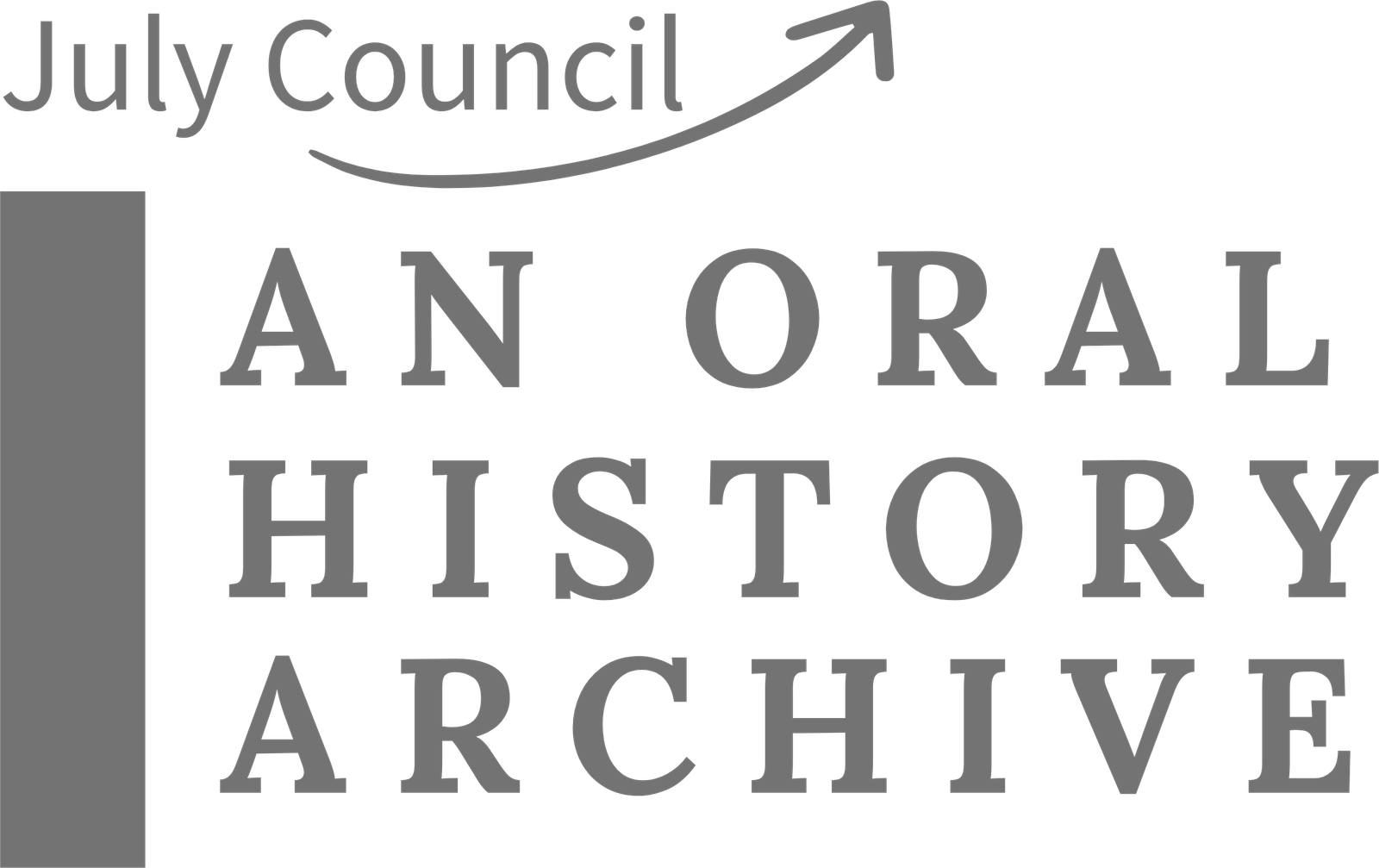July Council & Uprising
Archiving a People’s Reckoning
The July Uprising of 2024 was not only an outburst of political resistance, it was a national reckoning. It laid bare the fault lines of systemic injustice, unaccountable power, and generational neglect in Bangladesh. Sparked by escalating discrimination and fueled by the collective frustration of students, workers, women, and the rural poor, the movement quickly transcended issue-based protest to become a mass uprising for dignity and justice.
On 5th August 2024, the uprising reached its tragic and transformative peak. According to UN investigations, over 1,400 people including students, journalists, laborers, and children were killed, and more than 20,000 wounded, many of them maimed for life. Despite brutal crackdowns, the uprising ultimately dismantled the autocratic regime, ushering in a new phase of national reckoning.
Yet, as the streets emptied and state narratives began to take shape, a haunting question emerged: Who will tell the story of those who bled for change? This is the moment where the July Council steps in not as a neutral observer, but as a custodian of memory.
Memory as Resistance
July Council is not a neutral observer of history. It is a conscious act of resistance against forgetting — an archive built from within the uprising, by those who stood close to its fire. The same spirit of defiance that rang through the streets now speaks through the voices we record: grieving mothers, wounded survivors, silenced activists, and ordinary citizens who became extraordinary in the face of repression.
The Council’s purpose is not only to preserve what happened, but to ask:
- How did it feel to lose a son to rubber bullets in the campus courtyard?
- What did a wounded garment worker shout as they were dragged away by police?
- How does a father now explain to his youngest daughter why her brother never came home?
These are not questions traditional history books ask. But oral history does.
From Protest to Archive: A Continuum of Political Action
The July Uprising was a political intervention. July Council is a historiographical one. Together, they form a continuum of resistance one fought first in the streets, and now in memory. If the uprising demanded regime change, the archive demands narrative justice. If the protest called for rights, the archive calls for recognition. If the wounded bodies forced a political reckoning, their stories force a moral and national one. This archive is also a warning: that forgetting is a form of betrayal. That silence, too, can be complicit.
A Civic and Scholarly Responsibility
The July Council is powered by a team of academicians, journalists, researchers, and development professionals based in Dhaka. Together, we conduct oral history interviews, video documentation, memoir collections, and digital archiving all grounded in the principles of ethical storytelling, consent, and dignity. Build a digital platform where these narratives can be accessed, studied, and carried forward by future generations. We believe memory is a democratic right. It should not be filtered, erased, or monopolized. The July Uprising belongs to the people and so must its history. Every voice we document, every story we record, adds a layer of resistance to forgetting.
July Council & July Uprising 2024 are not two separate stories. They are the same flame, burning in different forms. One in the street. The other in the archive. The July Uprising gave us a moment of transformation. July Council ensures that moment becomes a memory, and that memory becomes meaning. Because when history is remembered from below, it cannot be erased from above.
